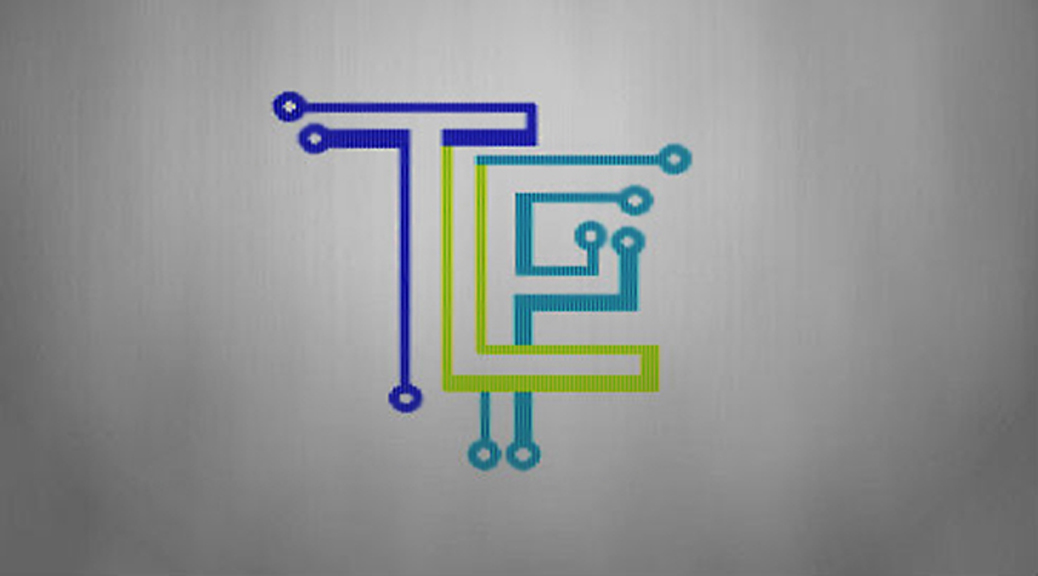Only last semester, I had a slight mix-up regarding my project submission where my professor did not receive the mail containing my project despite it being in my sent folder. By the time I realised that he hadn’t received it, it was too late. It was that what got me thinking about read receipts. A…
Category: Others
A Statement of Purpose
The Tech Law Forum aims, essentially, to provide a platform for opinions, comments, and responses – a platform for discussions and debates on all issues relating to Technology Law, with a specific focus on India. We chose the Forum’s existing format due to the constantly evolving nature of technological advances, and the necessarily immediate, or even better, proactive, nature of responses to such…
